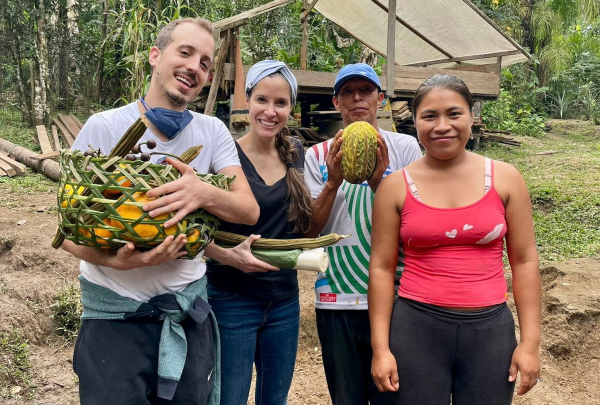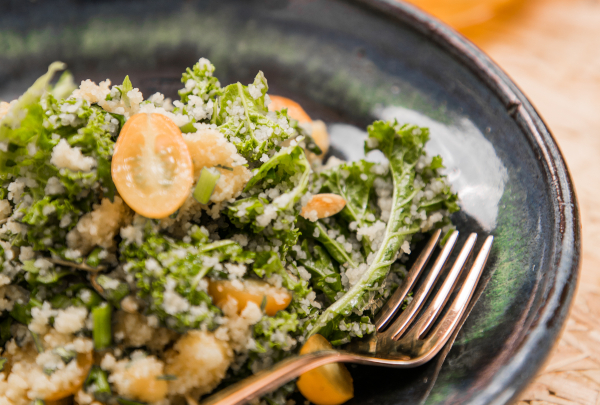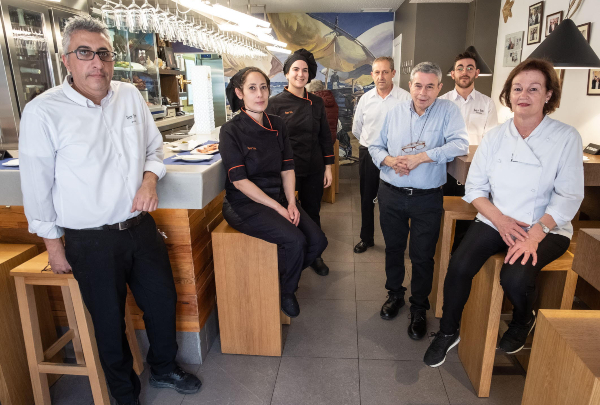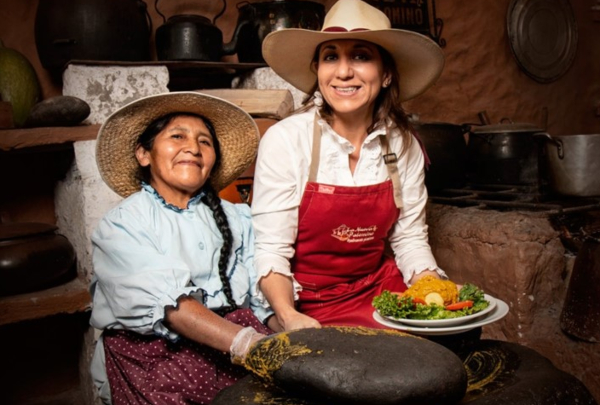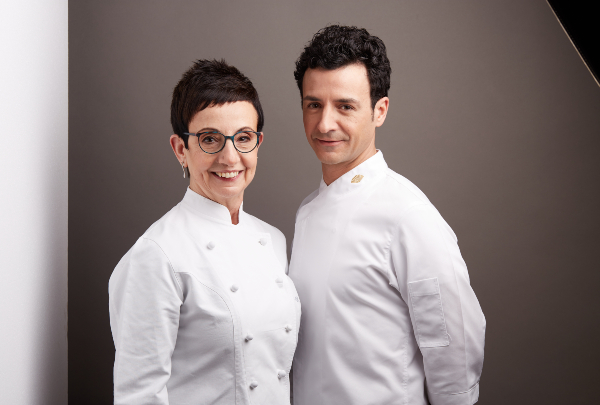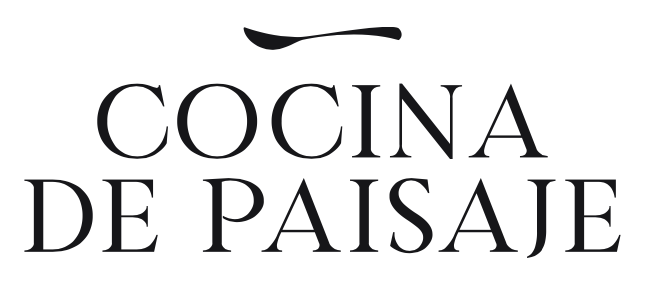Interview
Cristina Bowerman: “Tradition must be a springboard towards evolution, not a stumbling block"
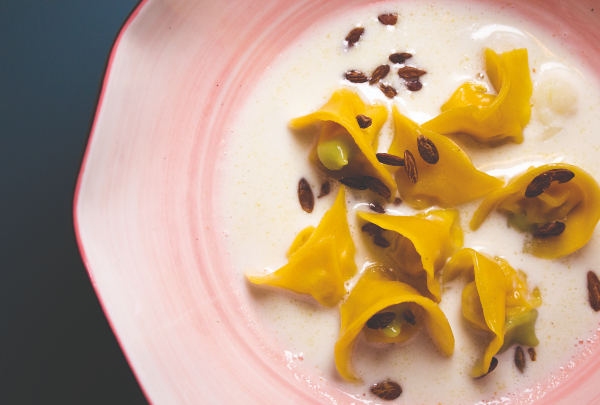
We enter the world of Cristina Bowerman, a chef who goes against the flow and a defender of the role of women, not only in cookery, but in the world. And Cristina herself is a statement of intent. To prove it, those highlights. The rebellious feminist mauve atop her hair that has now become the trademark of this Italian chef who describes herself as a "citizen of the world".
They say curiosity killed the cat. An opinion I do not share. I would even venture to say that neither would Cristina Bowerman, an inquisitive child who owes her love for things that are different to that in-bred ability to question everything and allow herself to be drawn in by the unknown. “I've always felt I go against the flow, and I think it's because of the intense curiosity I feel for what I know nothing about. I like to explore, and I like the fact that my choices are not predictable; and I like to know there are other points of view, which are also valid, but different to my own".
Perhaps that is why - going against the flow once more - although many people go to the United States to "do the Americas”, she was already there, and decided to go back to Italy. Her professional trajectory also shows us this eagerness for knowledge driven by curiosity. Curiosity as an engine of change. Curiosity about others, learning several foreign languages; curiosity to understand the world by studying law, or curiosity to find her own voice, which she sought in graphic design, but finally found in cookery. “In cookery I can express my creativity in the best possible way. But I must confess I never thought I'd get to where I am today". And where has Cristina Bowerman got to? What does she offer?
Cristina's "contaminated" cuisine
“I sincerely believe there's a connection between the whole world's gastronomy cultures. A connection which actually points to a meeting point for all peoples, and it's precisely through cooking that this connection can be strengthened. That's why my cooking is world cooking, "contaminated" by all cultures".
That's the cooking philosophy of this chef born in Cerignola, a small town in Puglia making up the memory of cuisine enhanced by travel, reading, life experiences and many sources of inspiration that make her fare a culture crossroads, albeit with no loss of its own identity. “I love adding an ingredient to my recipes that doesn't form part of the original culture, so that it is there as though it did form part of it". This is how Bowerman pays tribute to those other cultures "which succeed in humbling me and making me able to accept and understand things that are different as if they weren't".
This "contaminated" cuisine is what she serves up at Glass Hostaria*, the restaurant she runs in Rome's Trastevere district. “Local cooking which is inspired by the world, but stays in Italy at all times". And how do you eat that kind of food? You eat it by leaving the ravioli with an Amatriciana sauce filling until the end. “Many people ask why the ravioli arrive at the end. I always tell them that after I've taken them around the world with the previous courses, I want them to leave the restaurant in the knowledge that they're in Rome, in Trastevere”.
A concept of location which is also linked to Italian culinary tradition. “All of the past forms part of our present, and Italian cooking wouldn't be the way it is without tradition", Bowerman admits, while adding the proviso "but tradition must be a springboard, not a stumbling block to put the brakes on evolution". A warning to those wishing to reduce Italian cookery to popular cuisine or cooking by the nonna: “Tradition was innovation at one point, and that's exactly what must continue to happen”.
Searching for the balance
But it is not only culinary reflections which concern this chef, who is also involved in the fight for sustainability, the role of genders, and a better balance between our personal and professional lives. Bowerman, who has won recognition from the Michelin Guide for her commitment to the environment, feels that "sustainability is no longer just a necessity in gastronomy, and chefs have to become role models to imitate, and have to use haute cuisine to move forward in this direction - a necessary direction - and turn it into a popular movement". Respect for the planet is a trend that will eventually be imposed, prophesies Cristina Bowerman, although "there is a still a long way to go, and we must find alternatives that are also financially sustainable to keep moving forward".
The chef outlines the need to seek a balance to permit sustainable growth, just as a rethink is called for in the balance between our personal and professional lives. “Personally, I became aware of this necessity after the pandemic, and that's why I took the decision, myself and my team, to close the restaurant two days a week, because a single day isn't enough to recover physically and mentally from a six-day working week". However, adds the chef, "that doesn't mean I've changed my mind about everything I've done up to now. The passion for what we like and the adrenaline it produces in us lead us to do incredible things. That's what drives the world forward and brings about changes in the world. I've simply realised that we can probably find a different balance". A balance which might make it possible to put more women into haute cuisine? we asked the chef who is a staunch defender of the female role in gastronomy. “It might help, but unfortunately the roots of the problem of women's underrepresentation in professional cookery go deeper than that, and this is difficult to change. It's a cultural issue, and it's obvious that in Italy we still have a lot to learn in this regard, and a social structure must be devised to focus on the combination of those two aspects of life: work and family".
It is not a struggle in cookery alone, - "being a woman is a difficult combination in any profession"- but it's clear that the difficult hours in the restaurant business don't help. “You constantly come up against sacrifices", but at the same time Cristina defends the need of women to keep moving forward. “I don't see much of my son, but I hope to provide him with another legacy which is also important beyond the time I spend with him, the model of a woman who is happy and passionate about her work. This is also a source of inspiration".

